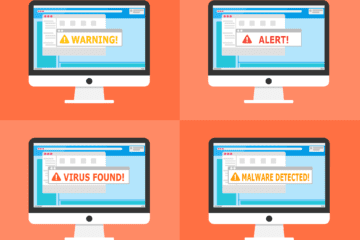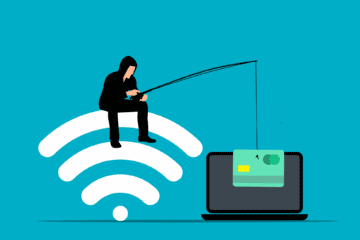What is Ransomware?
Ransomware is a type of malicious software that can take control of your computer or device and hold your important files and information for ransom. It works by encrypting your files and then demanding payment, usually in the form of cryptocurrency, in exchange for the decryption key that will restore access to your data.
Here are some things you should know about ransomware to help protect yourself:
Be careful when opening attachments or clicking on links in emails: Ransomware is often spread through email attachments or links, so be cautious when opening anything from an unknown sender or that seems suspicious.
Keep your software up-to-date: Keeping your operating system, web browser, and other software up-to-date is important for patching vulnerabilities that could be exploited by ransomware.
Use strong and unique passwords: Using strong, unique passwords for each of your accounts can help prevent unauthorized access that could lead to a ransomware attack.
Regularly back up your important files: Backing up your important files regularly, such as to an external hard drive or cloud-based storage, can help you recover your data if it becomes encrypted by ransomware.
Be wary of phone calls from people claiming to be tech support: Scammers may call and pretend to be tech support in order to trick you into downloading ransomware. If you receive a call from someone claiming to be tech support, hang up and contact the company directly through a verified number to verify the legitimacy of the call.
Don’t pay the ransom: Paying the ransom only encourages the attackers and may not result in the decryption of your data. Instead, report the attack to law enforcement and focus on restoring your files from a backup.
Conclusion
In conclusion, ransomware is a serious threat to your online security and privacy, but by being aware of the risks and taking simple precautions, you can help protect yourself. Remember to be careful when opening attachments or clicking on links in emails, keep your software up-to-date, use strong and unique passwords, regularly back up your important files, be wary of phone calls from people claiming to be tech support, and never pay the ransom.



